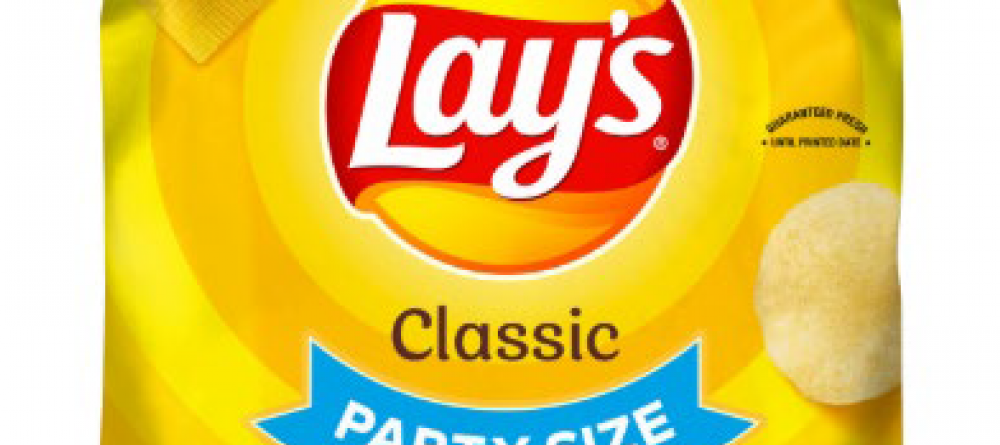What Small Businesses Can Learn from the Frito-Lay Chip Recall
Recalls can be a nightmare for any company, big or small. Even snack giants like Frito-Lay aren’t immune. Recently, the company had to recall certain 13 oz. bags of Lay’s Classic Potato Chips due to undeclared milk allergens—putting those with milk allergies at risk.
What happened, how Frito-Lay handled the crisis, and what smaller businesses can learn from it—let’s dive in.
What Happened?
Frito-Lay issued a voluntary recall after a customer complaint revealed that some Lay’s Classic Potato Chips contained undeclared milk allergens. This was a serious health risk for people with milk allergies, potentially causing life-threatening reactions like anaphylaxis.
The recall was specific to products sold in Oregon and Washington, identified by unique manufacturing codes, UPCs, and freshness dates.
Customers who bought the affected chips were advised to discard them and contact the company for refunds. Thankfully, no other Lay’s products or flavors were involved.
How Frito-Lay Managed the Recall
Big companies like Frito-Lay have well-established crisis management systems. Here’s how they handled the situation:
- Immediate Action: The recall was voluntary and executed quickly, showing the company’s proactive approach to safety.
- Transparency: Frito-Lay communicated clearly with the public, detailing which products were affected and how to identify them.
- Customer Support: They set up a dedicated helpline and made the refund process easy for customers.
- Limited Scope: By targeting the recall to specific regions and products, they minimized panic and kept things under control.
What Small Businesses Can Learn
While smaller companies may not have the resources of Frito-Lay, they can still use these strategies to handle their own crises. Here’s how:
- Build a Crisis Plan: Anticipate potential risks and create a response plan. Identify the most likely issues, set up communication channels, and assign responsibilities.
- Act Fast, Act Smart: Speed is critical in a crisis. If a product has a problem, act immediately to protect consumers and your brand reputation.
- Communicate Clearly: Be transparent. Use social media, email, or other channels to keep your customers informed and provide clear instructions.
- Own Up to Mistakes: Acknowledge the issue and avoid shifting blame. Honesty goes a long way in maintaining customer trust.
- Invest in Quality Control: Regular product testing can prevent issues before they arise.
The Bigger Picture: Food Safety as a Priority
This recall serves as a reminder that food safety must always come first. No matter the size of your business, strict quality checks and accurate labeling are essential to keeping consumers safe.
For small food businesses, working with agencies like the FDA or following food safety guidelines can help you maintain high standards and avoid costly mistakes.
Takeaways
Mistakes happen—even to the biggest brands. But it’s how a company handles a crisis that determines its reputation. Small businesses can take a page from Frito-Lay’s book by being transparent, acting fast, and putting the customer first. By learning from larger companies, smaller brands can turn a crisis into an opportunity to build trust and loyalty.
Recommended – The Hawk Tuah Memecoin Launch Drama: How People Keep Falling for Scam Coins

